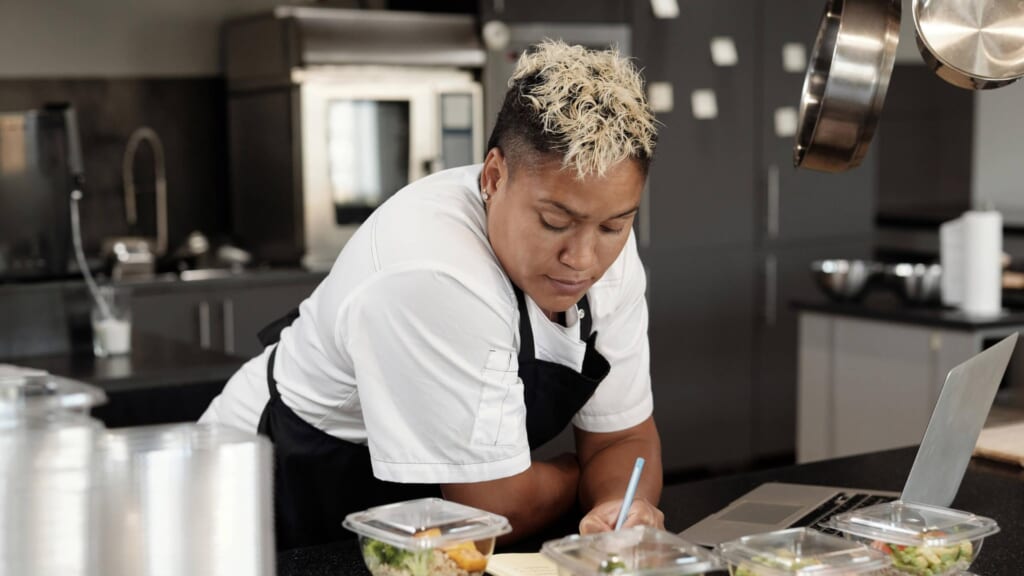DoorDash announces $2M fund for BIPOC-owned businesses
DoorDash will allocate $2M to the participating restaurants
DoorDash is partnering with Accion Opportunity Fund to launch an investment fund to help small Black and minority restaurant entrepreneurs that have struggled due to the pandemic.
DoorDash, the food delivery app, and Accion, the nation’s leading nonprofit small business leader, announced on Tuesday the creation of Main Street Strong Accelerator Program. The initiative will provide financial assistance and resources for “100 women-owned, immigrant-owned, and BIPOC-owned restaurateurs.”

Read More: Black restaurant employees hurt the most during pandemic, report says
The entrepreneurs must have been opened for more than two years and have 50 employees across locations. It is primarily for those who are immigrants and those of color whose businesses have been hit hard by the COVID-19 crisis. Data has shown that women and people of color have been disproportionately impacted as they’ve closed at twice the rate.
The program seeks to stabilize their enterprises and set them up for long-term success by deploying $2 million in grants to participants of the program. Each restaurant will be eligible for $20K and applicants can submit applications starting today here. The deadline is March 2.
“The social and financial inequities that many businesses experienced before the pandemic have only been amplified by the current global pandemic and economic crisis,” said Tony Xu, CEO and Co-founder of DoorDash.
“To truly empower and grow local economies, you must start with the entrepreneur. With a commitment to advancing diversity and equity starting with the restaurant industry, we’re excited to provide business owners with specialized tools to thrive during one of the most challenging times of our generation.”
Read More: California restaurant temporarily closes after BLM mask backlash
Luz Urrutia, Accion Opportunity Fund CEO, reiterated the point that women, immigrants, and people of color felt the worst of the pandemic from an economic standpoint. She cited pre-existing factors that contributed to this circumstance.
“Like all sectors, those owned by women, immigrants, and people of color suffered the most, because they had less resources to fall back on and fewer connections to access initial relief from the federal government,” Urrutia said.
“It’s clear and unfortunate that the future of the industry has changed forever. If we want to make space for food visionaries from diverse backgrounds to contribute to the future of food, dining, job creation, and community-building, we must intentionally focus on these business owners to support their adaptation, creativity, and liquidity.”
Deborah VanTrece, award-winning chef and owner of Twisted Soul in Atlanta, Ellen Yin, co-founder and owner of High Street Hospitality Group, and Tanya Holland, executive chef and owner of Oakland’s Brown Sugar Kitchen, will serve on the advisory committee.
Virtual workshops for the program will take place in April and May.
Have you subscribed to theGrio’s podcast “Dear Culture”? Download our newest episodes now!
TheGrio is now on Apple TV, Amazon Fire, and Roku. Download theGrio today!
More About:Business









